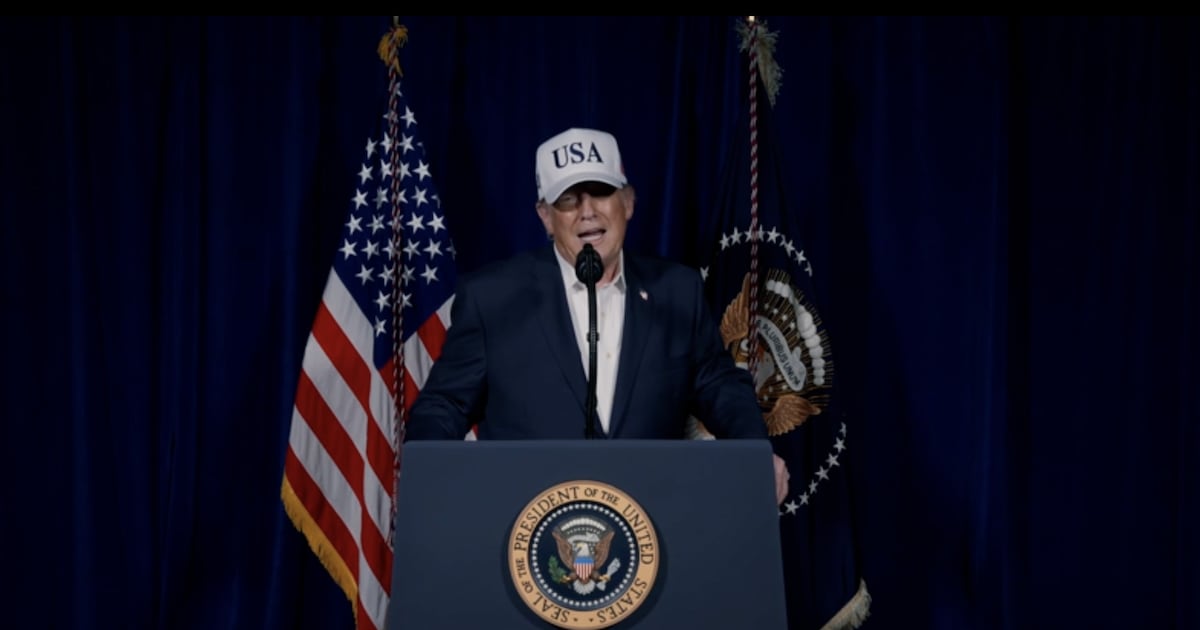One way to understand Ted Cruz’s foreign policy, particularly if you are a Democrat, is through the prism of the social media phenomenon known as trolling. The best trolls are provocateurs. Their language is meant to expose a fallacy or weakness in the opponent’s position as opposed to offering a constructive alternative.
In a wide-ranging interview with the junior senator from Texas, there was a lot of trolling. Of Obama’s recent attempt to stop the fighting in Gaza, Cruz said, “We should be helping Israel, not Hamas, which is what John Kerry’s proposal would have done.” But Cruz found a silver lining. “It’s remarkable that the failures of the Obama, Clinton, Kerry foreign policy are not only uniting the left and right in Israel but might even be creating some common ground between Israel and the Palestinian Authority.”
When speaking about the conditions that led up to the Egyptian military coup last year, Cruz observed: “One of the saddest things to see were posters among the people that said: ‘Obama supports the Muslim Brotherhood,’ ‘America supports terrorists.’”
Cruz described Secretary of State John Kerry’s surprise deal with Vladimir Putin to disarm Syria’s chemical weapons in these words: “The incompetence of the Obama foreign policy was so manifest that it presented an opportunity for Putin to cast himself as a hero and save the day.” The Federal Aviation Administration’s decision last week to suspend all air travel to Israel after a Hamas rocket fell near Ben Gurion Airport amounted to an “economic boycott of Israel.”
But to think of Cruz as just a troll is to miss an important development in the Grand Old Party’s post-Bush foreign policy. Despite the barbs and the major differences between Cruz and Obama, the two politicians both agree that America should be out of the nation-building business.
Cruz is not an isolationist like Sen. Rand Paul, the libertarian Republican from Kentucky who last year filibustered until he got a promise from the White House that drone strikes would not be used against Americans inside the United States. But neither is he quite a neoconservative like John McCain.
Instead Ted Cruz is an American exceptionalist who is wary of remaking the world in America’s exceptional image. “It’s not the job of the U.S. military to do nation building or produce democratic utopias,” he said.
Yet while Cruz does not say the U.S. president should use military force to spread freedom, he does say the president should use his voice to support freedom fighters.
“The American president has a peculiar leadership responsibility to speak out for freedom,” Cruz said, adding that this public support for freedom was a hallmark of President Reagan’s foreign policy.
In Cruz’s case, much of his foreign policy work in the Senate has been on behalf of dissidents like Saeed Abedini, the American Christian pastor who has been detained in Iran since 2012, and Leopoldo Lopez, the Venezuelan opposition leader who was arrested this spring. Last week when Cruz sat down with The Daily Beast for this interview, his staff members were overjoyed to watch the breaking news that Mariam Yehya Ibrahim, the Sudanese woman who faced a death sentence for leaving the Muslim faith, was allowed to leave the country for Italy.
But when Cruz was asked if he agreed with Obama’s decision to stand with the protesters of Tahrir Square in Cairo in 2011 and demand that Hosni Mubarak step down from the presidency, he said Obama went too far.
“Mubarak had long been a strong ally of the United States, his human-rights record was not good, we had a responsibility to speak out against it,” he said. “But [Obama] went further than that to topple him and replace him with the Muslim Brotherhood, whose interest and animus was rabidly anti-American.”
It should be said that officially the Obama administration did not choose any candidates in the presidential elections to succeed Mubarak. But after the Muslim Brotherhood candidate Mohammed Morsi won the election, Obama and his top officials rarely criticized Morsi’s human-rights abuses.
In this respect Cruz’s foreign policy approach hews much closer to that of one of Reagan’s top advisers, Jeane Kirkpatrick. She wrote a landmark essay for Commentary in 1979 called “Dictatorships And Double Standards” where she chastised President Jimmy Carter for pursuing human rights at the expense of U.S. national interests. Kirkpatrick made the argument that support for anti-communist authoritarians amounted to support for human rights because it stopped the more repressive totalitarian communists from taking over those societies. It’s not surprising that Cruz’s national security adviser, Victoria Coates, asks interns to read that essay when they start working for the senator.
On an issue like Syria, Cruz remains in the Kirkpatrick mold. When President Obama 11 months ago appeared close to authorizing unilateral strikes on Syria after evidence emerged that Bashar al-Assad had used chemical weapons on civilians and rebels outside of Damascus, the humanitarian imperative appeared to be military strikes to impose a cost on the dictator who had gassed his people.
On the Syria vote he sided with Sen. Paul, who opposed intervention. “Some months ago when President Obama called for unilateral military strikes against Syria I said publicly I wanted to keep an open mind, how his proposed course of conduct furthered US national security interests,” he said. “The administration repeatedly refused to characterize the matter in terms of national security interests.”
Cruz was less direct when asked about the 2003 Iraq war. He could not bring himself to say that he would have opposed the invasion of Iraq to topple Saddam Hussein.
“I did not have access to intelligence reports to review what we knew about Saddam Hussein’s potential development of WMD or anything else,” he said. “I do know that among those who reviewed the intelligence there was consensus that it posed a material threat. Not having reviewed that intelligence, I will refrain from offering an opinion.”
On Iran, Cruz said he leaned much closer to Senator John McCain’s view that the country’s nuclear program posed a significant threat to the United States than to Paul’s. But in the interview he actually went further than McCain.
He said the next president would not be obliged to keep the terms of an Iran deal struck by the Obama administration if the president deemed that deal to be endangering the United States.
“I do not believe any president can bind a successor president to give up his fundamental role as protector of the country,” he said. The Obama administration has to date only reached an interim agreement with Iran that would allow the country to keep its centrifuges, but a final agreement has yet to be reached. In Cruz’s view though any deal would “be illusory and of minimal consequence” because it would not require Iran to dismantle the centrifuges it needs to enrich nuclear fuel.
Cruz expanded on those remarks later in an email to The Daily Beast. “Of course, it is important for the United States to honor the commitments of duly-negotiated and Senate-ratified treaties,” he said. “But, when the passage of time renders international commitments contrary to security interests of a nation, then those nations will choose to revise or abrogate those commitments. No president has the constitutional authority to bargain away the core Article II responsibility of a successor president to be the commander in chief and protect our national security.”
If in 2016 Cruz remains a Republican senator from Texas, that opinion will be little more than a talking point. But Cruz is also a man who many conservative activists believe should succeed Obama in the White House.
Cruz has yet to say he intends to run for president. But if he does, Iran may soon learn that on Obama’s nuclear deal the senator isn’t trolling.






